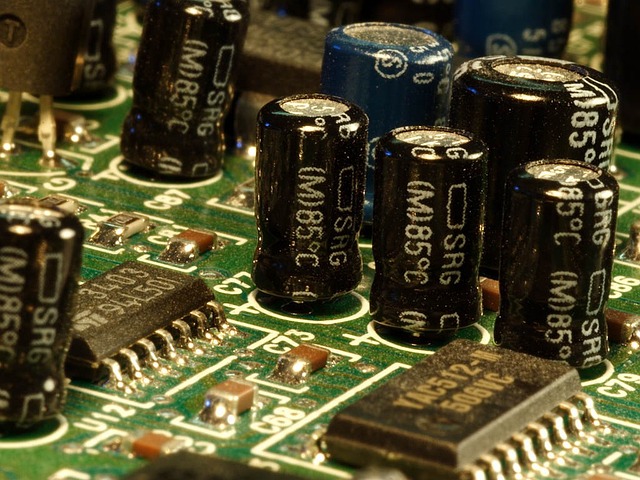Capacitors are fundamental components in electrical circuits that store and release electrical energy. They play a crucial role in various electronic devices, from small consumer electronics to large industrial applications. In this article, we will explore the benefits of capacitors and how they enhance the performance and functionality of electrical circuits.
Energy Storage and Discharge:
One of the primary benefits of capacitors is their ability to store electrical energy. When connected to a power source, capacitors accumulate and store electric charge. This stored energy can be discharged rapidly when needed, providing an instant power supply to the circuit. Capacitors act as energy reservoirs, ensuring a stable and consistent power supply, especially during peak demand periods or power fluctuations.
Power Factor Correction:
Capacitors are widely used in power factor correction systems. Power factor is a measure of how effectively electrical power is being used. Capacitors help improve power factor by storing and releasing reactive power, reducing energy wastage, and increasing the overall efficiency of electrical systems. By enhancing power factor, capacitors help optimize energy consumption, reduce utility costs, and minimize strain on power distribution networks.
Voltage Regulation:
In electronic devices, capacitors serve as voltage regulators. They stabilize voltage levels by absorbing excess electrical energy when voltage spikes occur and releasing stored energy during voltage drops. Capacitors act as a buffer, ensuring a steady and regulated power supply to sensitive components, thereby preventing damage caused by sudden voltage fluctuations.
Filtering and Noise Reduction:
Capacitors are used in filtering circuits to remove unwanted electrical noise and interference. They can block high-frequency signals while allowing lower-frequency signals to pass through. By acting as filters, capacitors help improve the signal quality and reduce electromagnetic interference (EMI) in audio systems, power supplies, and communication devices, resulting in clearer sound and better data transmission.
Timing and Oscillation:
Capacitors play a crucial role in timing circuits and oscillators. In combination with resistors and other components, capacitors determine the timing and frequency of electronic signals. They can be used in applications such as timing circuits, oscillators, and clock generators. Capacitors enable precise control over the timing of events, ensuring synchronization and coordination in various electronic systems.
Energy Backup and Pulse Power:
Capacitors are commonly employed as energy backup devices in applications where instantaneous power delivery is crucial. For example, in camera flashes or power tools, capacitors store energy and provide a high-current discharge when triggered, delivering a quick burst of power. Capacitors can rapidly charge and discharge, making them ideal for applications requiring short bursts of high energy, such as in defibrillators or electromagnetic launch systems.
Motor Starting and Power Conditioning:
Capacitors are widely used in electric motors for starting and power conditioning purposes. In motor starting circuits, capacitors provide the initial boost of power required to overcome the inertia and start the motor. In power conditioning, capacitors help regulate the motor's voltage, reduce electrical noise, and improve overall motor efficiency.
Capacitors are versatile components that offer a wide range of benefits in electrical circuits. From energy storage and discharge to power factor correction, voltage regulation, filtering, timing, and more, capacitors enhance the performance, reliability, and efficiency of electronic devices. Understanding the benefits of capacitors empowers engineers, technicians, and enthusiasts to design and optimize electrical circuits for a variety of applications, contributing to advancements in technology and improving the overall user experience.











0 Comments